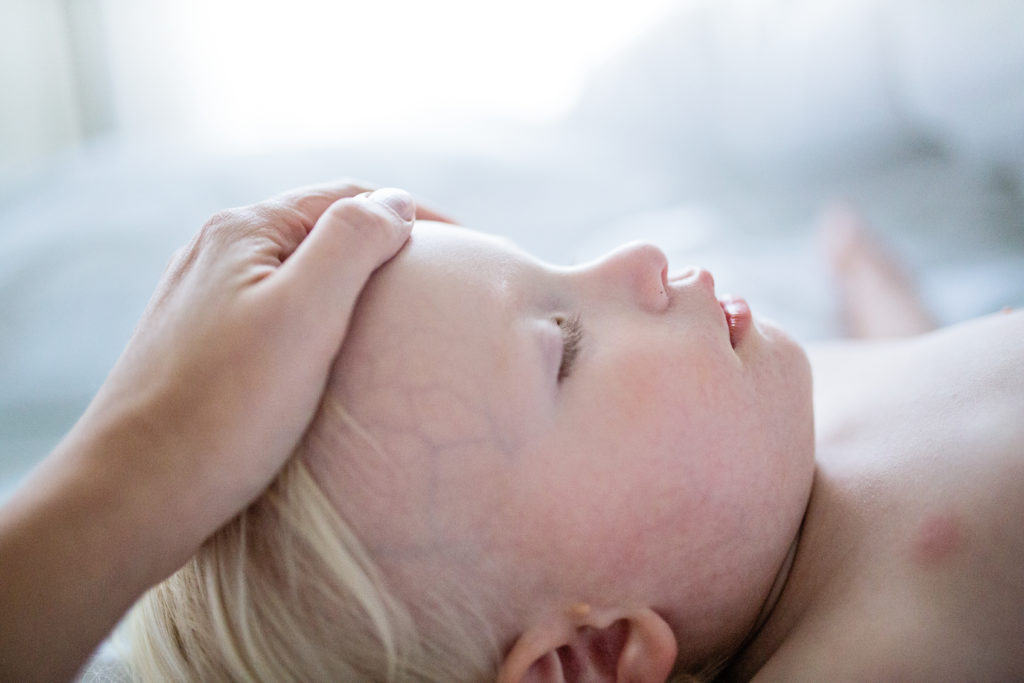
Febrile Convulsions – What You Need to Know?
It’s one of the scariest things to witness, knows any parent who has witnessed their child having a febrile convulsion.
Why they happen and what to do when or if it does?
Febrile convulsions, sometimes known as fits or fever seizures) are common in children. They affect around 3% of children (which means one child in 30) and usually occur in children between the ages of six months and six years of age.
The good news is that a simple febrile convulsion does not cause a child any harm to their development or their brain, even as a parent, it can be terrifying to see your child have a febrile convulsion.
What is a febrile convulsion and what causes them?
When there is a rapid change in your child’s body temperature caused by a fever, a febrile convulsion may happen. The brain’s electrical signals ‘short circuit’ briefly, resulting in a convulsion (seizure or fit).
A child who has a febrile convulsion may:
- Twitch or jerk, particularly their limbs.
- Be unresponsive.
- Around the lips turn blue.
- Become floppy or stiff.
A febrile convulsion on average stop after a minute or two, however, it may last several minutes.
What to do if your child has a febrile convulsion?
If your child has a febrile convulsion the first thing you need to do is stay calm, then apply the following first-aid:
- Move them away from anything they may hurt themselves on, make sure your child is safe.
- To stop their head from hitting a hard surface, if needed put something soft under their head.
- Wait until the seizure stops, then roll your child onto their side (recovery position).
- Call 911 – emergency, particularly if this lasts more than five minutes or they are not recovering.
- After the seizure your child might be drowsy – it is normal. Also, they may be cranky for a while.

Do children grow out of them?
By the age of six, most children will grow out of this, but about one of three children who have a febrile convulsion will have another one. It is very important to remember that having a febrile convulsion does not mean that your child has epilepsy and that febrile convulsions do not cause brain damage.
Can you prevent febrile convulsions?
You can’t prevent febrile convulsions. Giving your child ibuprofen or paracetamol to lower their temperature does not prevent a febrile convulsion from happening. Only give ibuprofen or paracetamol for comfort if your child has a fever and is in pain or miserable.
If your child has fever, don’t put them in a cold bath, just dress them in comfortable, cool clothing.
Remember, the body’s natural response to fight infection is fever.
